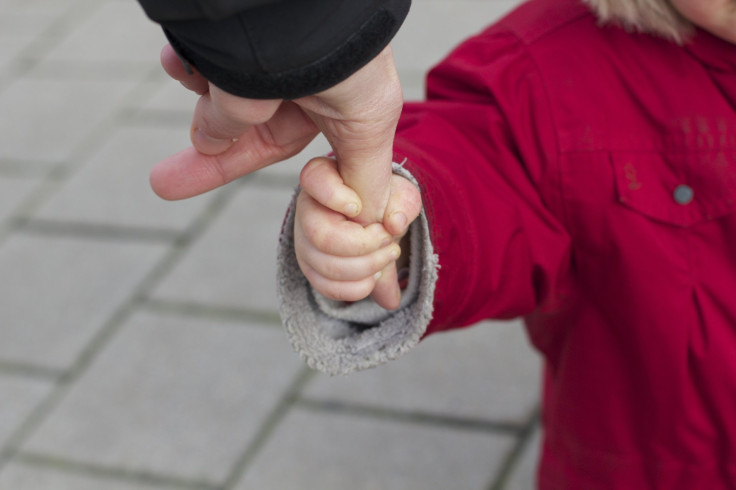Actively Communicating With Your Pre-Teen Kid Keeps Them From Using Drugs In The Future

For maturing kids, the most important anti-drug may very well be their parents, a study published this December in Drug and Alcohol Dependence suggests.
Checking in on 674 children of Mexican descent as they attended 5th and 7th grade, the researchers found that two common risk factors for getting involved with drugs — intending to seek out drugs or spending time with bad peer influences — were largely weakened by the presence of a solid communicative relationship with their parents. "Parents don't even have to be 'super parents,'" explained lead author Thomas Schofield, assistant professor of human development and family studies at Iowa State University, in a statement. "As long as they're at the 71st percentile, or getting a C- in parenting, both of these dangerous pathways to drug abuse go away."
Schofield and his colleagues opted to focus on Mexican families in part because Latinos are known to be more at risk of drug abuse, especially at a younger age. In addition to being interviewed about their intention to use tobacco, alcohol or other drugs (ATOD), their previous drug use, and their friendships with so-called deviant peers, the children were observed interacting with their parents during the first phase of the study in 5th grade by the researchers.
In playing back the video-recorded interactions, the researchers keyed in on signs of good parent monitoring skills, defined by the Centers for Disease Control and Prevention as a parent’s ability to lay out positive expectations for their child; taking proactive steps to keep track of them; and establishing fair and consistent consequences for when they inevitably break the rules. An example of good parental monitoring can include something as simple as being aware of who your children’s friends are or paying attention to their mood and behavior at home.
By the time 7th grade rolled around, the researchers found that kids who intended to use drugs or had bad seeds as friends two years earlier were indeed more likely to report current or intended future drug use. But these associations disappeared for those whose parents were shown to be actively involved in their children’s lives previously, even after controlling for factors like the child’s overall personality or cultural beliefs.
Though children at age 12 aren’t the highest risk group for drug abuse, Schofield and his team believe that their findings illustrate the importance of early parental intervention in their children’s lives. "Parents who haven't been deliberately investing time during middle and late childhood to build the relationship with their child — one that is very open, with lots of communication, respect and understanding — all the scaffolding falls away when their child becomes an adolescent," said Schofield. "The relationship is what the parent made it, and without that scaffolding a lot of parents struggle."
In other words, if any parent is worried about the trouble their future teen(s) might get into, it’s best to work on creating a trusting bond with them right from the get-go. "Preadolescence and early adolescence is not a particularly risky time; it's just the best time to get kids on board with collaborating, communicating with their parents and creating that relationship earlier," Schofield concluded.
Source: Schofield T, Conger R, Robins R. Early adolescent substance use in Mexican origin families: Peer selection, peer influence, and parental monitoring. Drug and Alcohol Dependence. 2015.



























